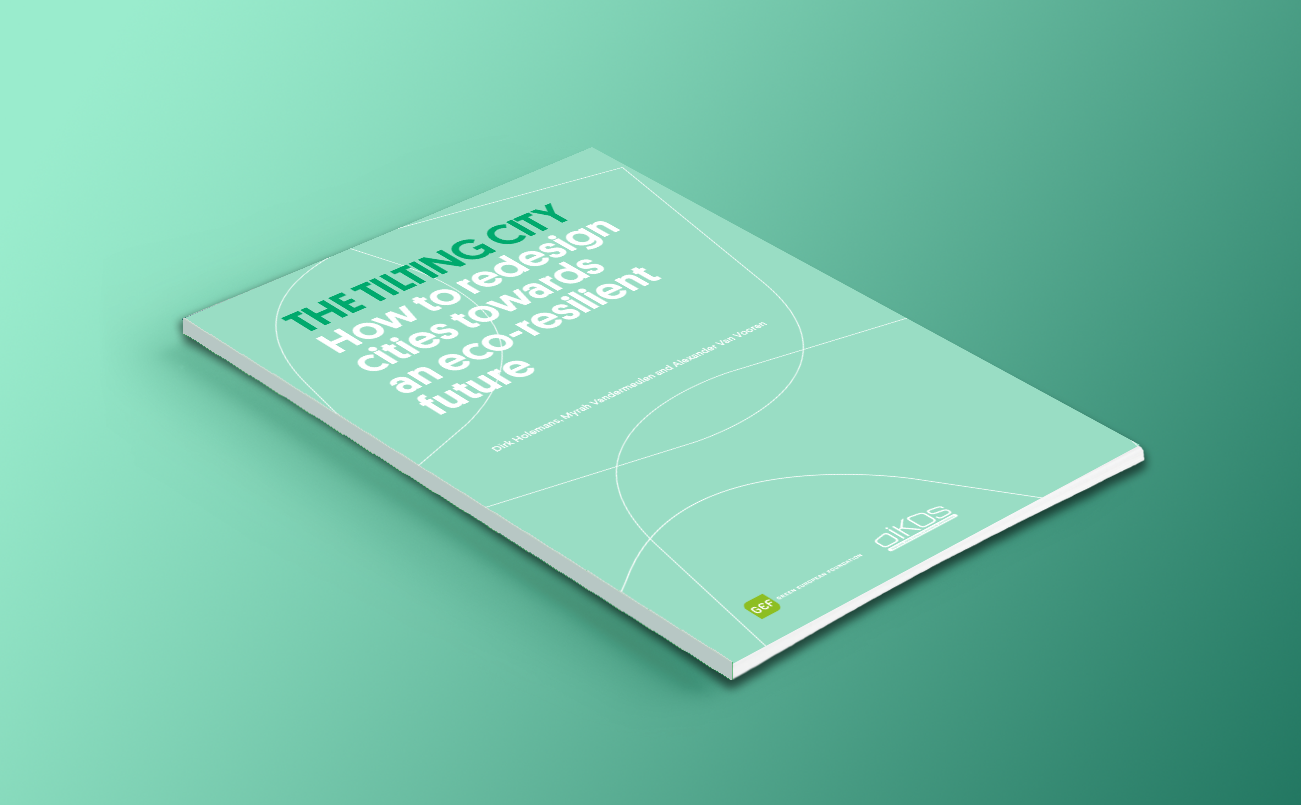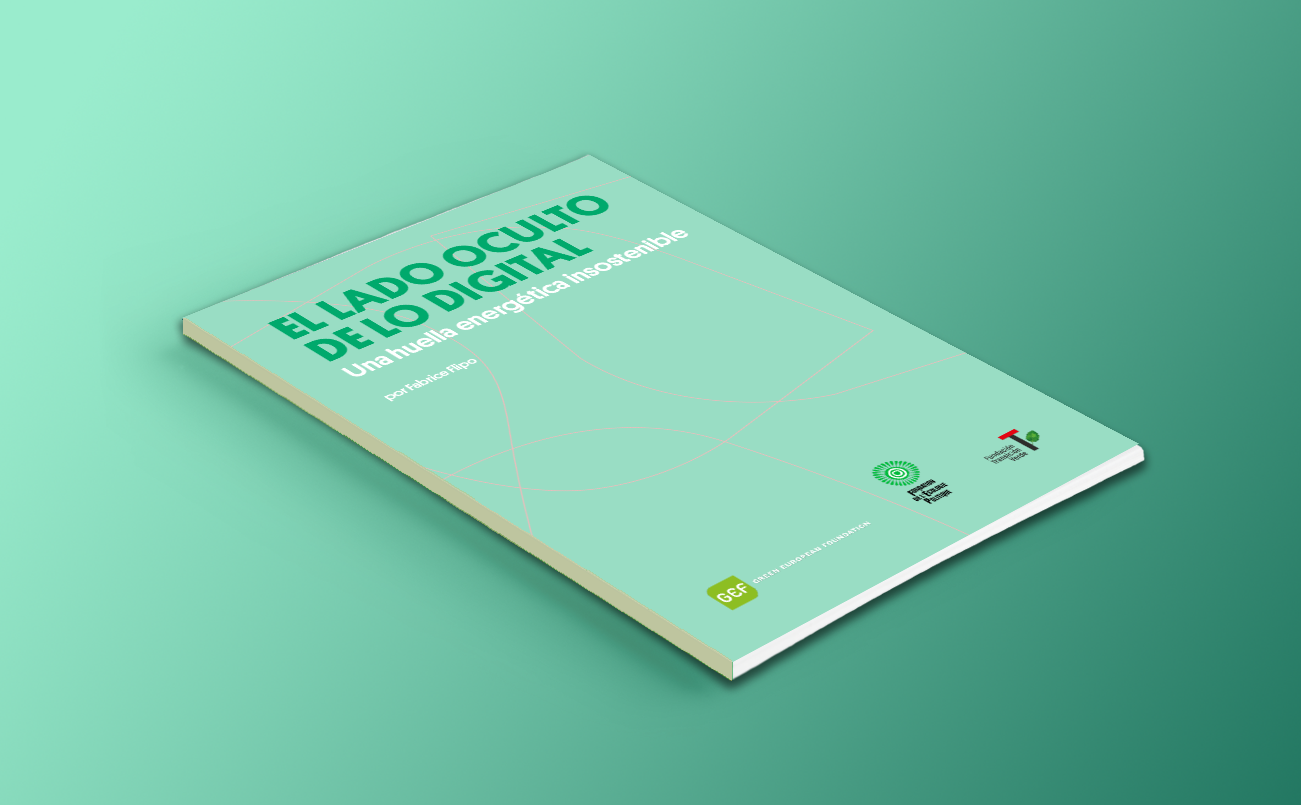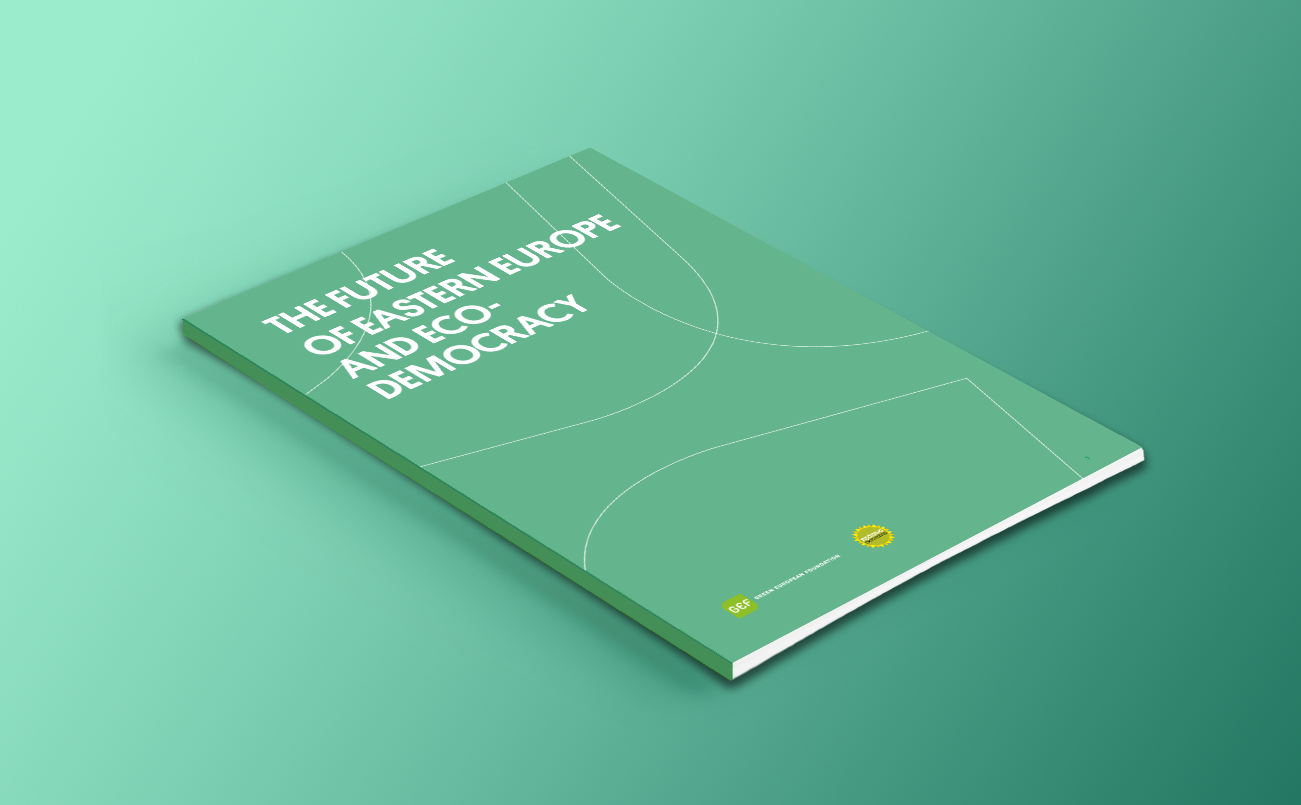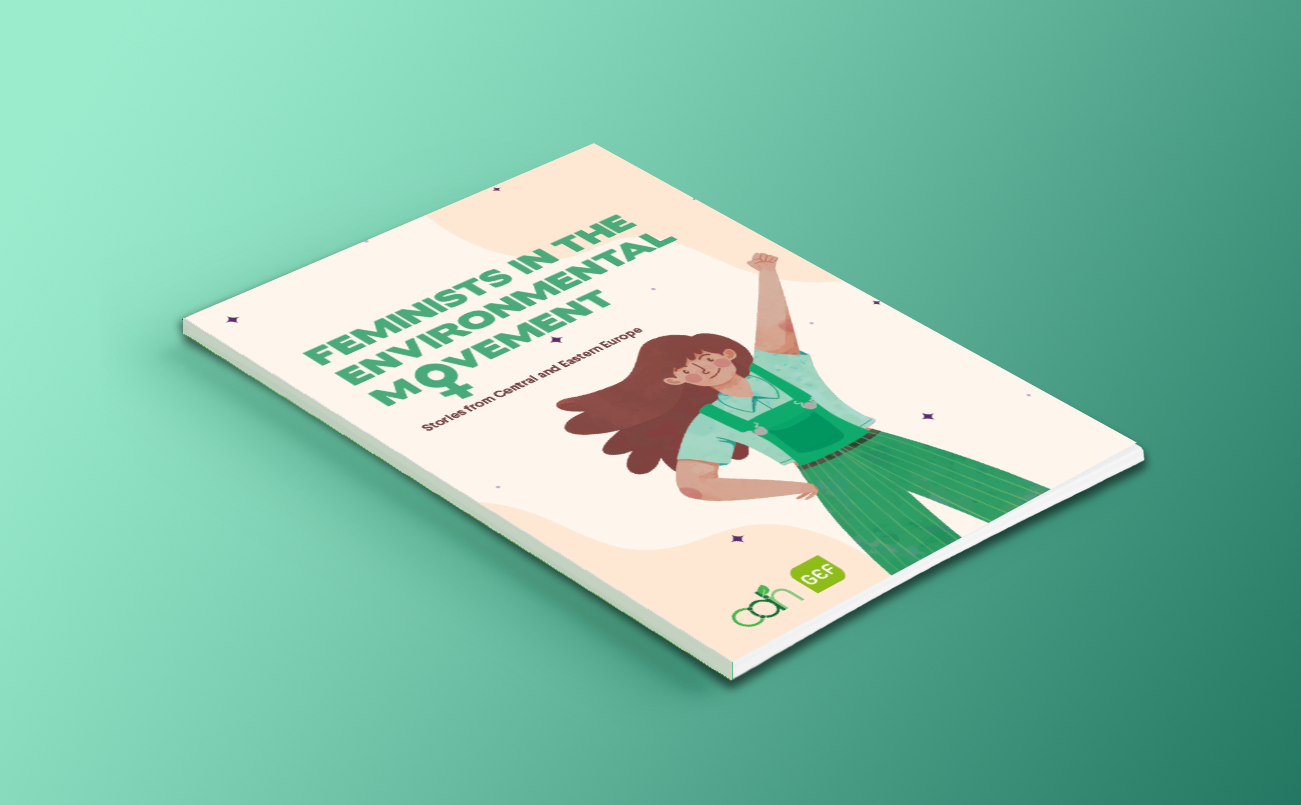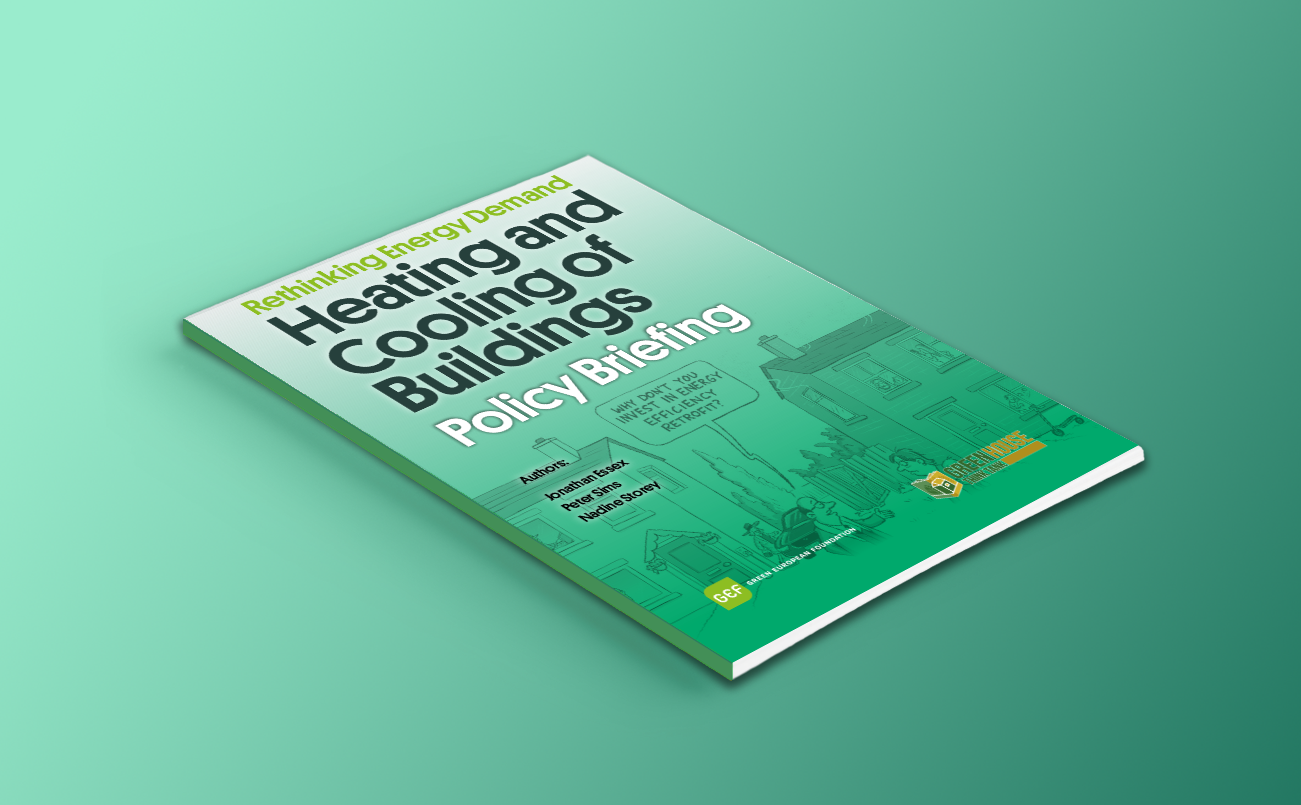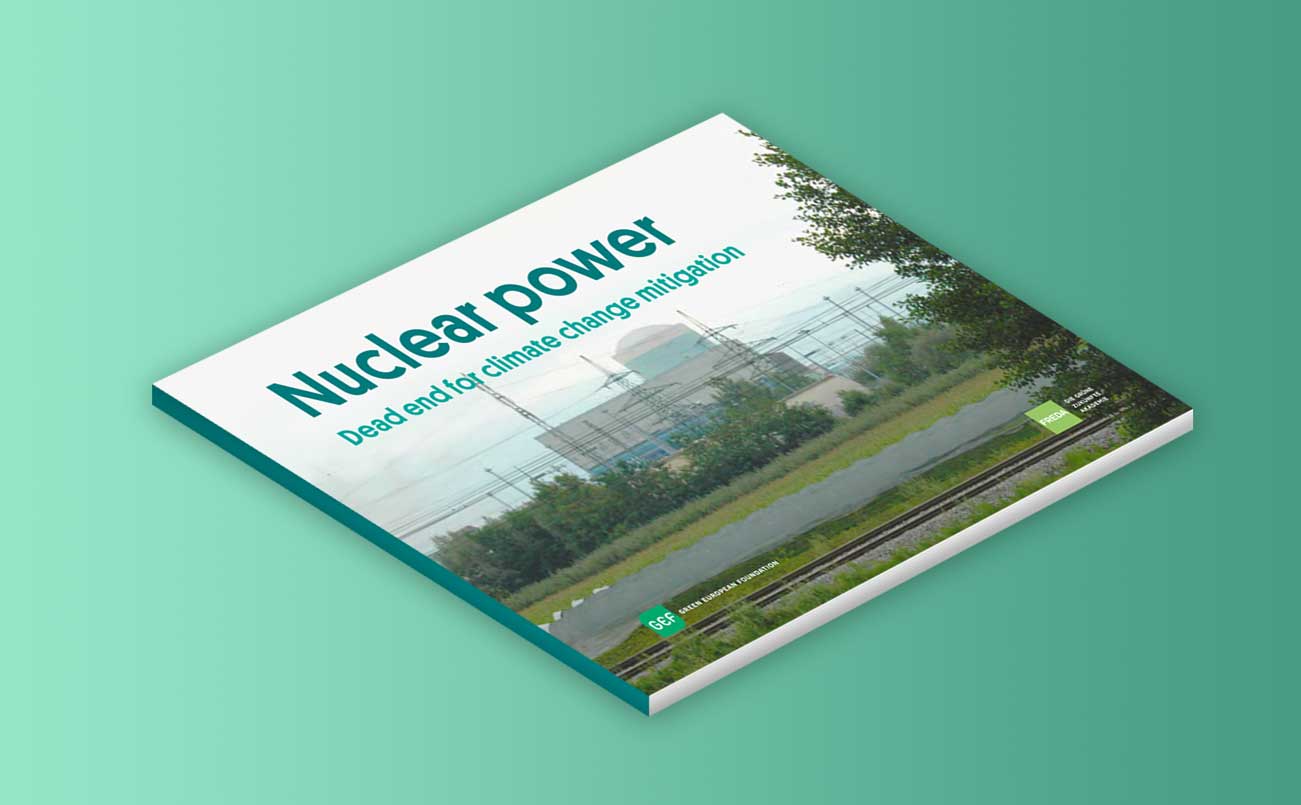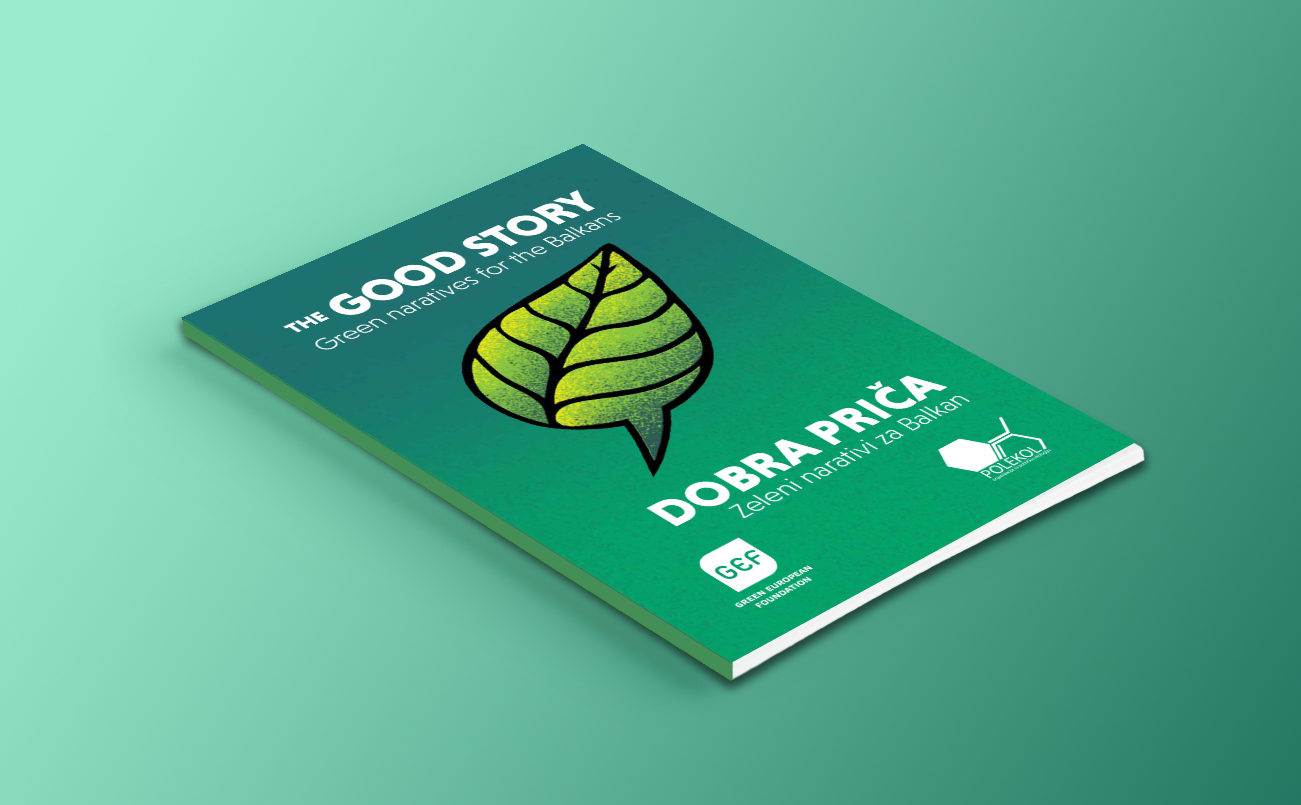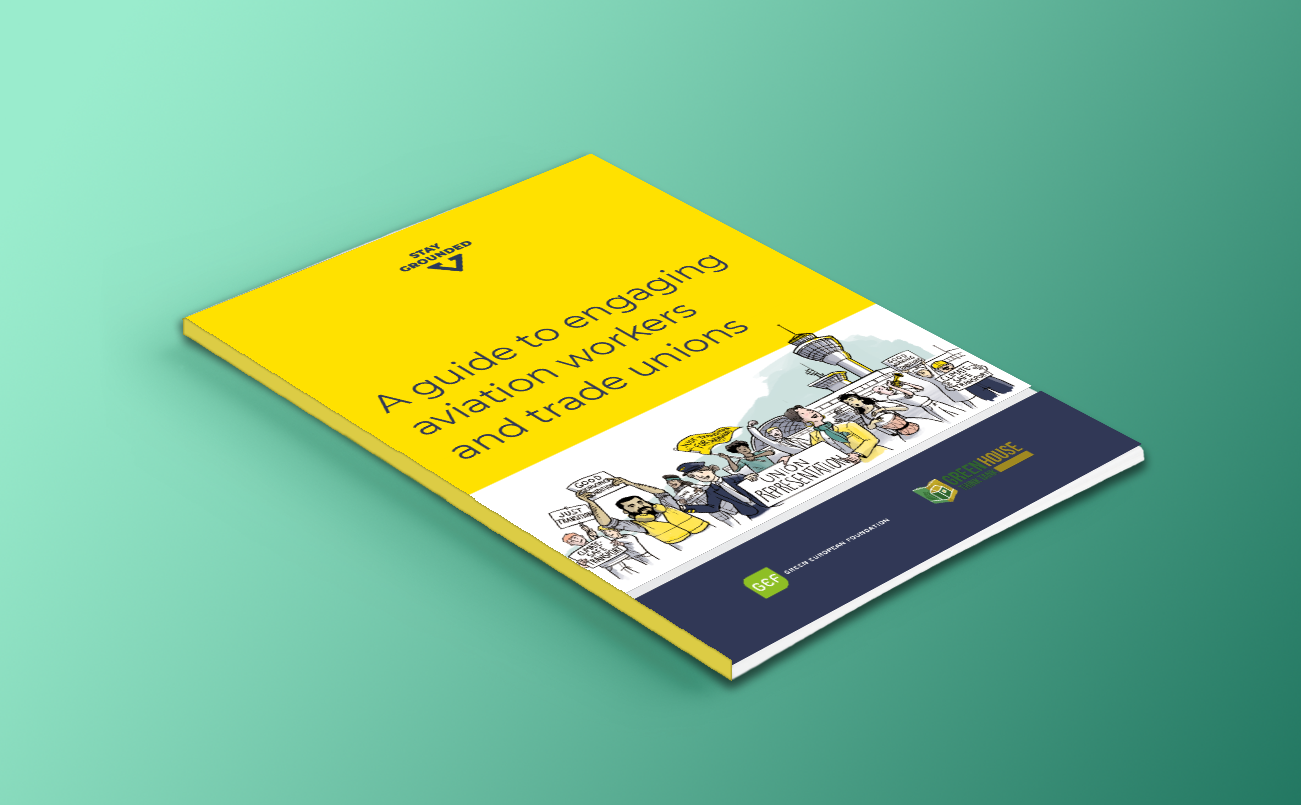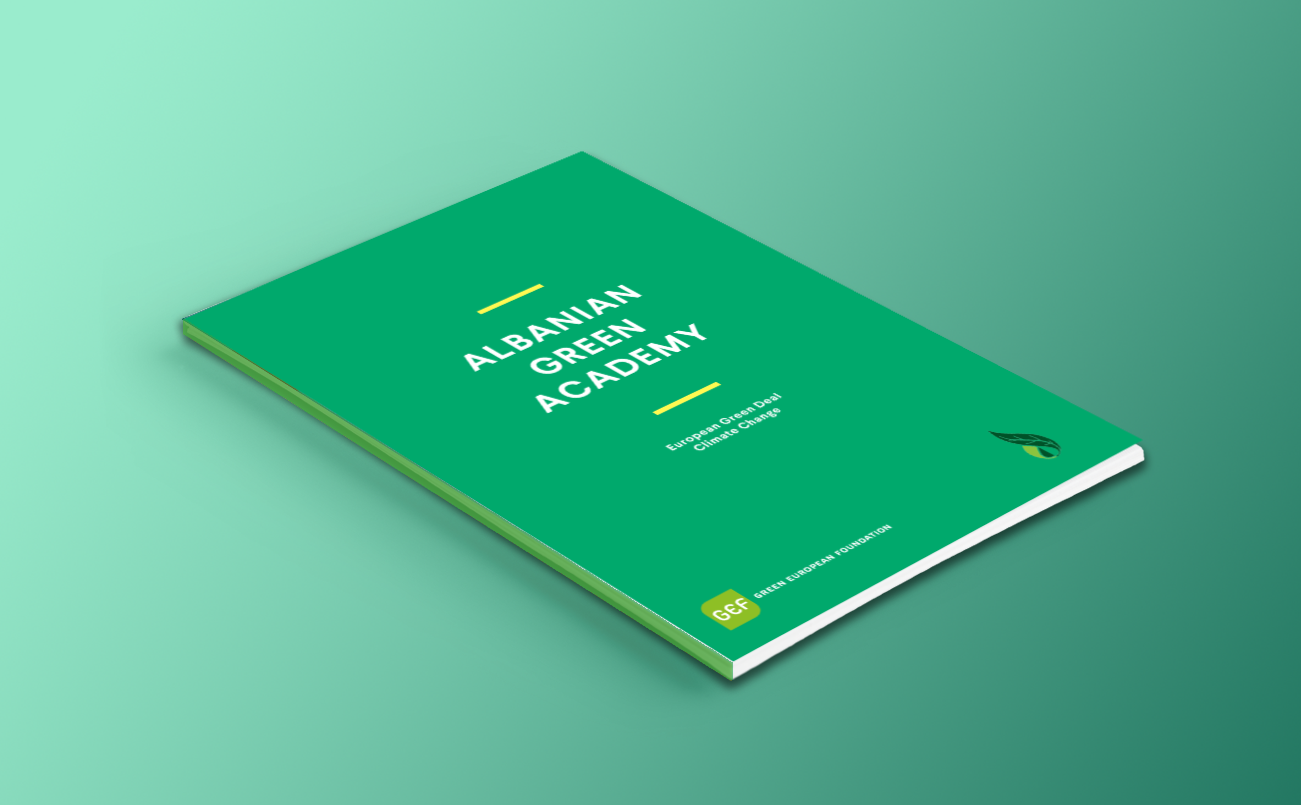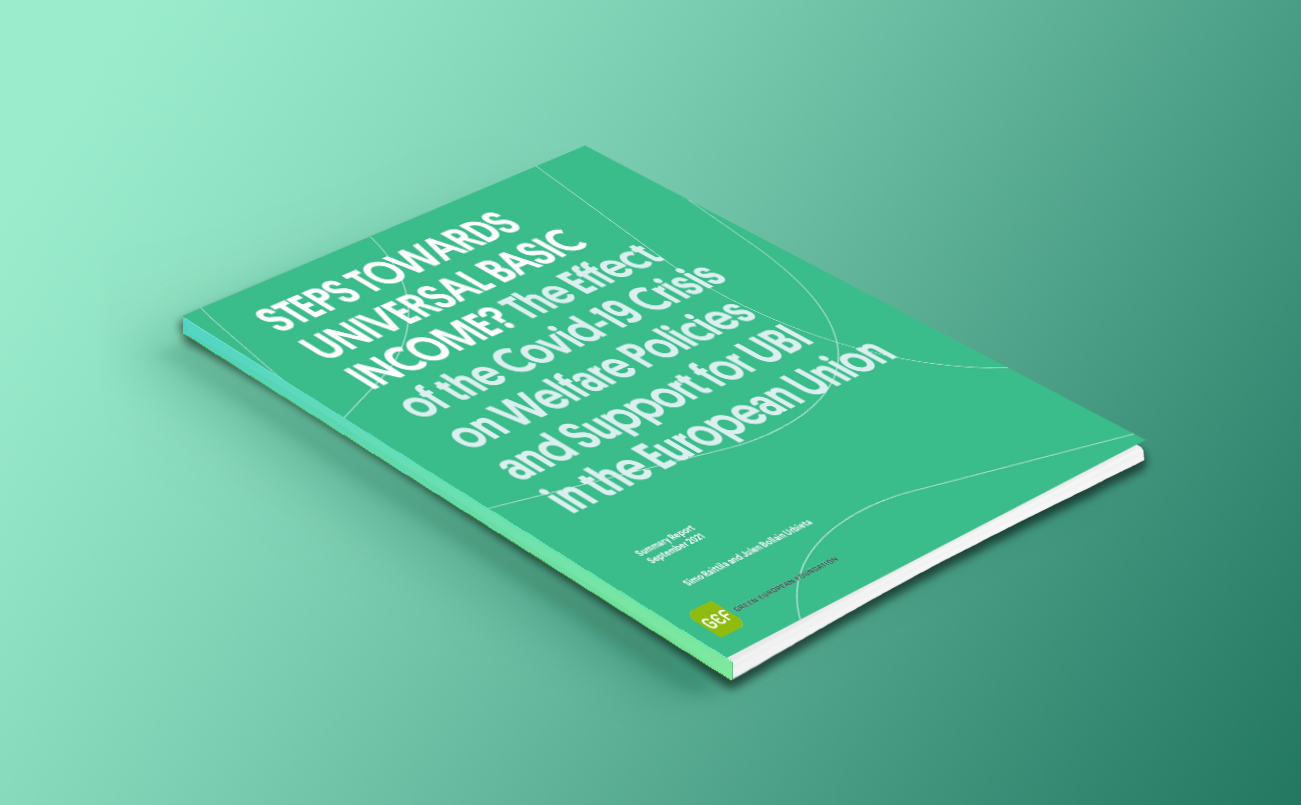
Context
In late 2018, France witnessed a social movement that profoundly impacted public consciousness: the Yellow Vest movement. Week after week, tens of thousands of people gathered at roundabouts and in the streets, sparked by opposition to higher carbon taxes on fuel. This movement has since become a pivotal point in discussions about achieving an ecological transition. But who were the Yellow Vests, and how did they relate to ecological issues?
This report amplifies the voices of those who transformed public spaces into platforms for political expression. Their actions conveyed a strong demand to be seen, heard, and included in decisions shaping their futures. Spanning rural and urban settings, the Yellow Vest movement highlights the urgent need to harmonize ecological objectives with social justice. It calls into question governance structures and pushes for fairer, more inclusive decision-making processes.
The report begins with an essay by Kevin Puisieux, director of the Fondation de l’Écologie Politique, which examines the tensions between social equity and ecological imperatives. Drawing from the Yellow Vest movement, Puisieux explores the contradictions of a just transition while proposing pathways to bridge grassroots demands with institutional policies. This essay is supported by firsthand testimonies, reflective interviews, and in-depth research.
This publication does not offer simple solutions but invites readers to confront the complexities of these intertwined challenges. It encourages us to rethink long-standing assumptions and envision a Europe where social and ecological justice advance hand in hand.
About the authors
Kevin Puisieux – Director of the Fondation de l’Écologie Politique
Pierre Blavier – Research fellow at the CNRS / Clersé
Etienne Walker – Lecturer in geography at the University of Caen Normandy
Chloé Alexandre – Doctoral Candidate in Political Science, Sciences Po Grenoble, UGA
Alix Levain – Research Fellow in Anthropology, AMURE
Simon Persico – Professor of Political Science, Sciences Po Grenoble Université Grenoble-Alpes – PACTE
Magali Della Sudda – Research Fellow in Political Science – Centre Emile Durkheim




